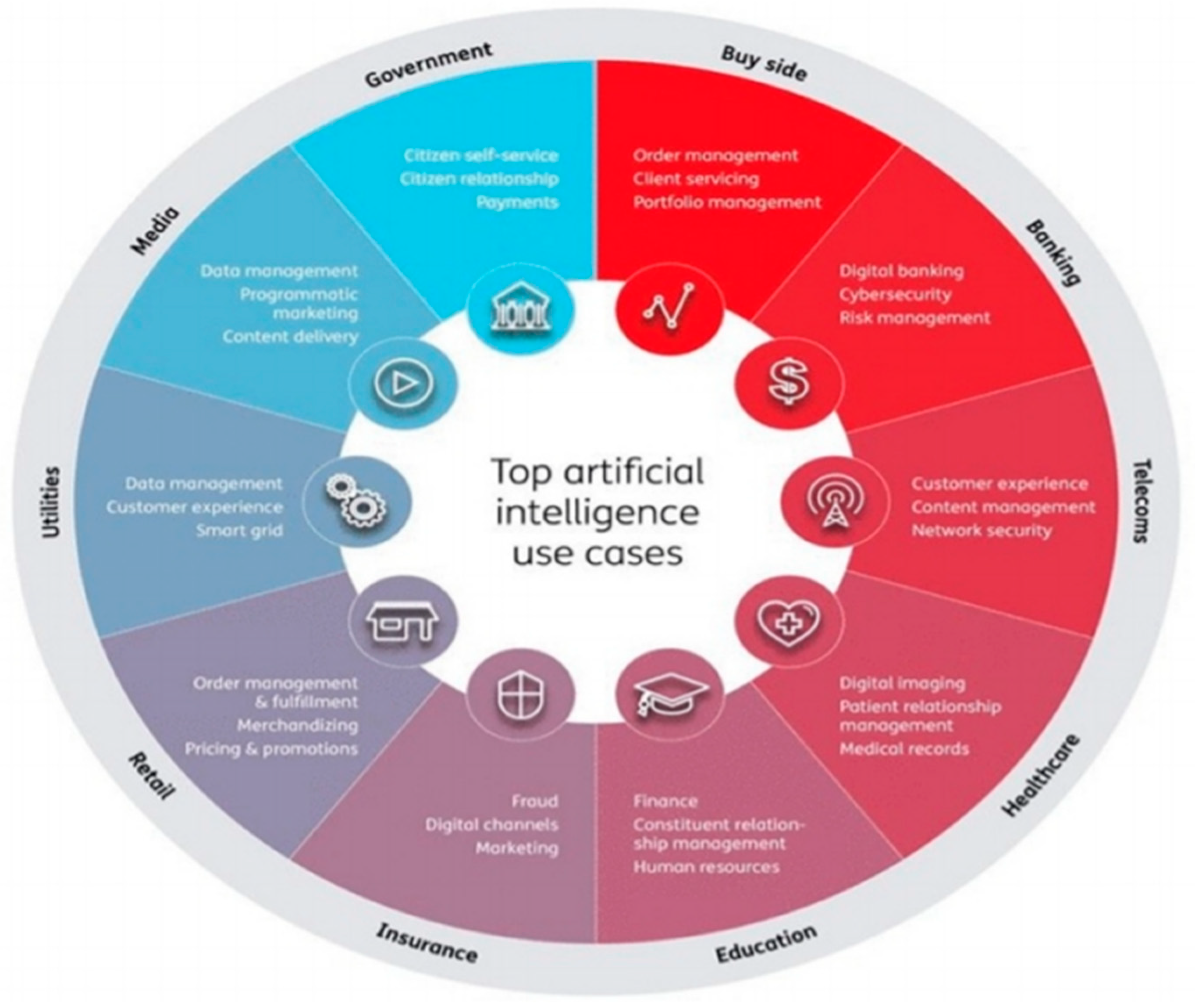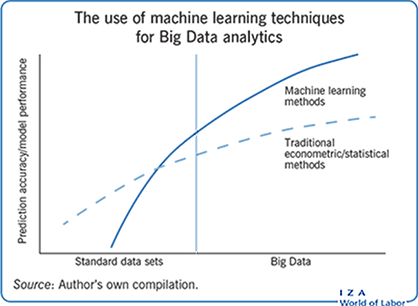In recent years, the field of economics has witnessed a significant transformation with the advent of artificial intelligence (AI) technologies. This article explores the implications of AI in economic forecasting and how it is reshaping the way economists analyze and predict market trends. By embracing these advancements, we can harness the power of AI to make more accurate predictions and informed decisions in the ever-changing business landscape.

1. The Rise of AI in Economic Forecasting:
AI algorithms have proven their ability to process vast amounts of data and identify complex patterns that human analysts may overlook. This section delves into the various AI techniques, such as machine learning and natural language processing, that are revolutionizing economic forecasting. By leveraging AI-powered models, economists can enhance the accuracy and timeliness of their predictions, enabling businesses to make data-driven decisions with greater confidence.
2. Overcoming Challenges and Ethical Considerations:
While AI offers tremendous potential in economic forecasting, it is essential to address the challenges and ethical considerations associated with its implementation. This section discusses issues such as data privacy, algorithmic bias, and transparency. By acknowledging these concerns and developing robust frameworks, economists can ensure that AI is deployed responsibly and ethically, maintaining public trust in the field.

3. Augmenting Human Intelligence, not Replacing it:
Contrary to popular misconceptions, AI is not poised to replace economists but rather to augment their expertise. This section emphasizes the importance of collaboration between humans and AI systems, combining the analytical capabilities of machines with the nuanced insights of human economists. By leveraging AI as a tool in the economist’s toolkit, we can achieve more accurate and comprehensive economic forecasts.
4. Real-World Applications and Success Stories:
This section highlights real-world applications of AI in economic forecasting. From predicting consumer behavior and financial market trends to optimizing supply chains, AI-driven insights are transforming how businesses operate. By showcasing success stories and tangible results, we inspire confidence in the potential of AI and encourage stakeholders to embrace its integration into economic forecasting processes.

As we look to the future, the role of AI in economic forecasting will only continue to grow. By understanding its capabilities, overcoming challenges, and embracing ethical considerations, economists can harness the power of AI to unlock new insights and enhance decision-making. As an aspiring economist, I am committed to staying at the forefront of these technological advancements, continuously exploring innovative ways to leverage AI in economic forecasting.
